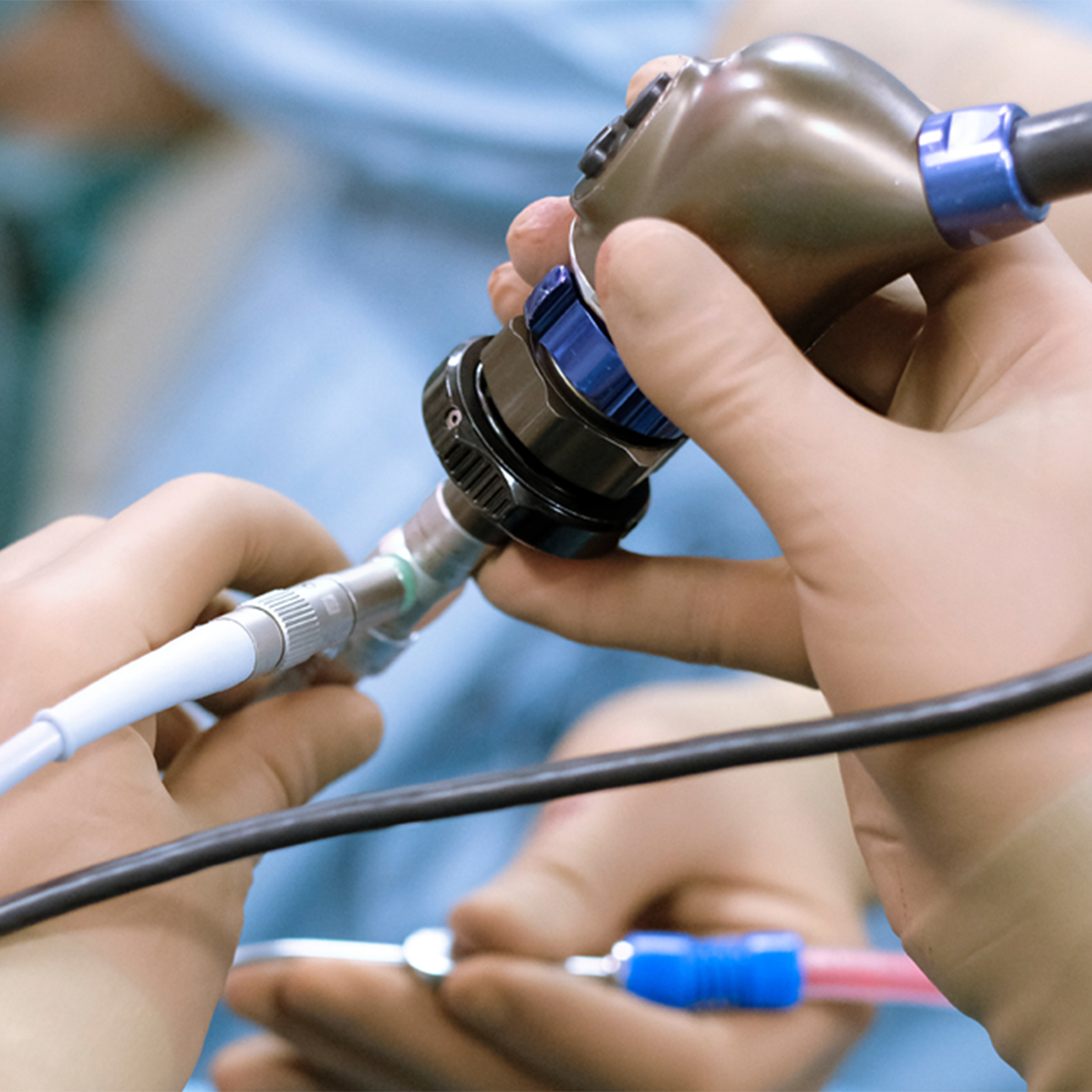
Dietary Requirements
Therapy for gastroparesis requires that you follow certain dietary requirements, such as eating small meals throughout the day and avoiding foods that are difficult to digest. These include fatty foods, legumes, lentils and citrus fruits. If you have gastroparesis as a complication of diabetes, you may need to increase your insulin therapy.Medications
Medications also are used to treat gastroparesis. One of the most effective is metoclopramide, which helps the stomach to empty by stimulating stomach activity. It also may relieve nausea and vomiting. Common side effects include drowsiness and fatigue. In addition, some people may experience depression, movement disorders, anxiety and breast tenderness or discharge. Metoclopramide is not recommended for patients with Parkinson's disease.
The antibiotic erythromycin also improves stomach emptying, but its side effects of nausea, vomiting and abdominal cramps limit its usefulness. One additional drug called domperidone is not approved for use in the United States. Domperidone improves stomach emptying by stimulating stomach motor activity, relieves nausea and has few side effects. Additional new methods are being evaluated in studies, and it is recommended that you speak to your doctor about these.
If drugs do not work for you, your doctor may recommend a jejunostomy tube, which allows food to bypass your stomach. Liquid nutrition, fluids and medication are delivered directly to the small bowel through the tube during severe attacks of gastroparesis. In extreme cases of gastroparesis, patients may need a semi-permanent intravenous (IV) line that delivers nutrients and fluids directly into the bloodstream.
Other Treatments
Gastric electrical stimulation uses a device, surgically implanted in the abdomen, to deliver mild electrical pulses to the nerves and smooth muscle of the lower part of the stomach. This stimulation may reduce chronic nausea and vomiting in patients with gastroparesis resulting from diabetes or unknown causes.
If gastroparesis is related to an injury of the vagus nerve, patients may benefit from a procedure called pyloroplasty. This procedure widens and relaxes the valve separating the stomach from the upper part of the small intestine, called the pyloric valve. This allows the stomach to empty more quickly. In some cases, before deciding to perform the procedure, botulinum toxin (Botox) will be injected at the pyloric valve to temporarily paralyze and relax it. This helps us determine if the patient would benefit from a pyloroplasty.
UCSF Health medical specialists have reviewed this information. It is for educational purposes only and is not intended to replace the advice of your doctor or other health care provider. We encourage you to discuss any questions or concerns you may have with your provider.






